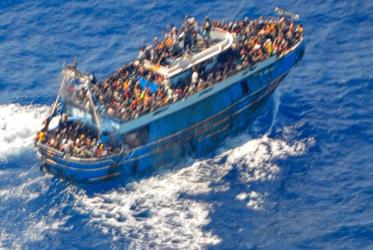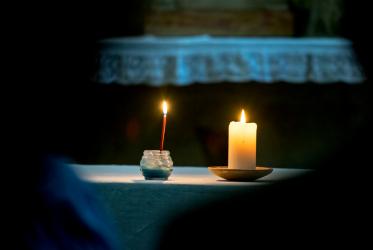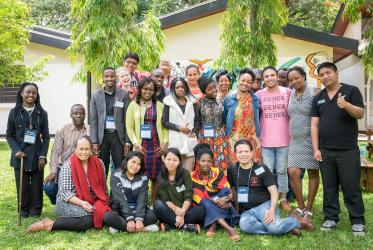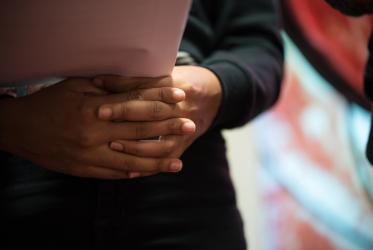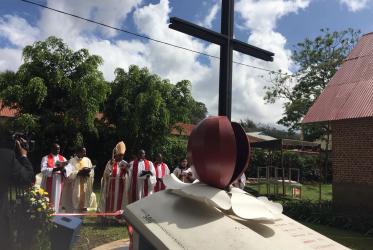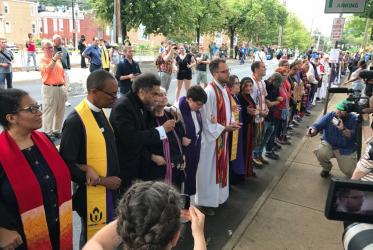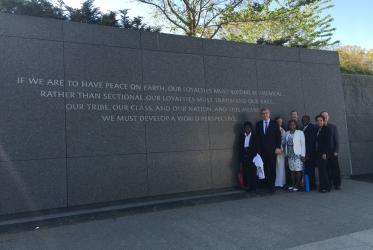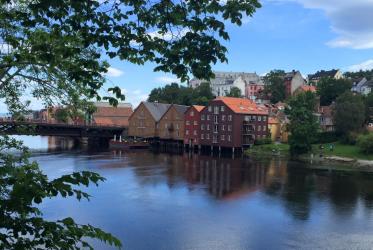Displaying 1 - 20 of 33
Plans for 11th WCC Assembly build excitement across the globe
18 February 2020
The cry of the Papuans in Indonesia
14 November 2019
Fr Alexi - a peacemaker in Syria
21 December 2018
#WCC70: Children in the Ecumenical Movement
20 December 2018
Indigenous Global Ecumenical Gathering and Youth Pre-Conference
18 - 23 July 2018
Te Papaiouru Marae, Ohinemutu, New Zealand
#WCC70: Churches as “freedom agents”
12 February 2018
WCC joins Tanzanian service observing Reformation anniversary
03 November 2017
Presbyterian leaders: racism in USA is “pernicious poison”
31 August 2017
Standing Rock decision ”Gospel news” for indigenous communities
08 December 2016
Indigenous spirituality: can it transform injustice into justice?
01 September 2016
WCC condemns escalating racial violence in the USA
09 July 2016
